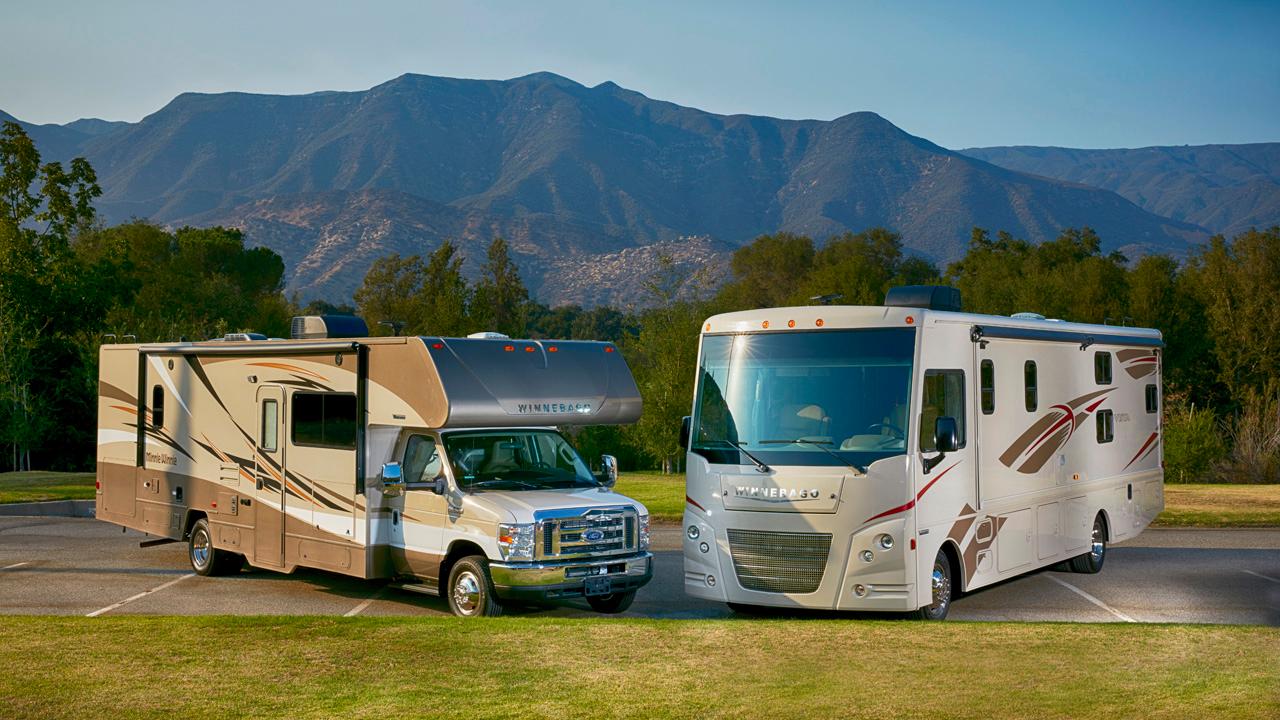U.S. boom in RV shipments keeps rolling
The boom in U.S. recreational vehicle sales keeps on rolling, thanks to a strong economy and a wave of retiring Baby Boomers and others filled with wanderlust.
Shipments of RVs in 2017 are expected to hit their highest in nearly four decades, according to data from the Recreation Vehicle Industry Association. That would mark the eighth straight year of growth.
RV shipments are expected to hit 505,600 in 2017, a 17.4 percent jump from last year, and then hit 520,700 in 2018, according to the association. "Each and every month this year was the best on comparable record for that month," said Frank Hugelmeyer, the RVIA's president, speaking at a trade show in Louisville, Kentucky.
RV sales are quick to suffer when consumer confidence wilts, as happened during the Great Recession. Shipments plunged by a third in 2008 and then fell more than 30 percent in 2009. But in 2010, as the economy recovered and discretionary spending revived, sales surged more than 46 percent.
Low gasoline prices have helped fuel sales in recent years, as have low interest rates that have eased financing of items that range in price from $10,000 to $1 million. The vast bulk of shipments - an estimated 444,100 units this year - are so-called towables. The rest are motor homes.
Prices of RVs have increased by an annual rate of 2 percent since 2007, the RVIA says.
Michael Happe, chief executive of Winnebago Industries Inc. (NYSE:WGO), a major manufacturer, says Americans of all ages are increasingly focused on health and outdoor living, which helps fuel sales of his company's products.
But there are other reasons for the industry's growth. Happe noted that there are more vehicles than ever on the road, such as large sport utility vehicles and pickup trucks, that are capable of pulling trailers.
"And they're not just being used by snowbirds going from New York to Florida," he said. More people are working out of RVs, such as oil-patch and seasonal workers, and there is growing demand for RVs used for tailgating at sport events.
Winnebago is based in Forest City, Iowa, but RV manufacturing is heavily concentrated in northern Indiana, which produces about 85 percent of the U.S.'s RVs. Indiana is home to the two largest producers, Thor Industries Inc. and Forest River Inc., owned by Warren Buffett's Berkshire Hathaway . The production boom has strained labor markets in the region, with many factories struggling to expand quickly enough to meet demand.




















